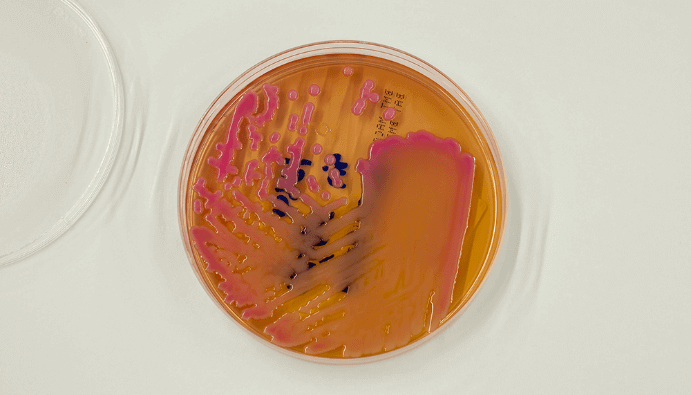Bacillus Cereus Count
A type of bacteria called Bacillus cereus is commonly found in soil and foodstuffs. These bacteria, gram-positive, rod-shaped and facultatively anaerobic, are highly motile and spore-forming. Bacillus cereus is commonly associated with food poisoning in humans and causes serious discomfort.Bacillus cereus is a ubiquitous microorganism in the soil, plants and intestinal tract of insects and mammals. As a result, plant-derived food products often contain spores of Bacillus cereus. It easily passes into food products from various sources and causes vomiting or diarrhea syndrome. Soil is an important source of contamination for milk. Bacillus cereus can grow and sporulate on poorly cleaned milking equipment. Contamination of dairy products with this bacteria is largely due to raw milk. Improper cleaning of processing equipment is a major contamination problem. Thermal treatment is not fully effective at killing Bacillus cereus spores.
On the other hand, bacillus cereus bacteria finds an environment for growth in foods that are processed under inappropriate conditions, and more importantly, in foods that are stored improperly.
The presence of bacillus cereus in foods indicates the presence of toxins that cause food poisoning. With the use of rapid counting and analysis methods for the food sector, results are obtained in a short time and necessary interventions can be made quickly during production. Accelerated methods are based on the measurement of a chemical compound, enzyme or a change created by a Bacillus cereus bacterium and other microorganisms that occur as a result of microbial growth.


